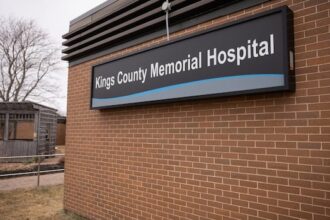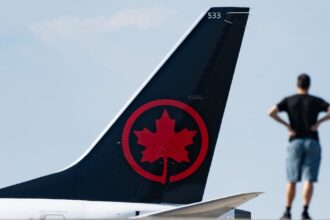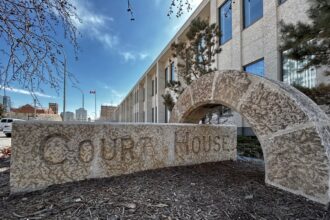In a surprising pivot that has sent ripples through Vancouver’s political landscape, city councillors voted late Thursday to implement a property tax freeze for 2024, abandoning earlier plans for a 7.5 percent increase. The decision marks a significant departure from the city’s initial budget trajectory and raises profound questions about Vancouver’s fiscal priorities moving forward.
The unexpected reversal came during a marathon council session that stretched well into the evening hours, with councillors narrowly approving the freeze in a tense 6-5 vote. Mayor Ken Sim, who had previously championed a more moderate tax approach, cast the deciding vote after an emotionally charged debate that revealed deep divisions among council members.
“This freeze represents our commitment to Vancouver homeowners who are struggling with affordability on multiple fronts,” Mayor Sim stated after the vote. “We cannot continue to burden residents while we haven’t exhausted all options to find efficiencies within our own operations.”
The tax freeze, however, comes with significant financial implications for Canada’s third-largest city. According to projections from Vancouver’s financial services department, the decision creates an immediate $62 million budget shortfall that must be addressed through spending cuts or alternative revenue sources.
City Manager Paul Mochrie warned that service reductions were inevitable. “We’re looking at difficult decisions across all departments,” Mochrie explained during the council meeting. “Essential services will be maintained, but residents should prepare for adjustments to programming, operating hours, and staffing levels in non-critical areas.”
The Vancouver Police Department, which had been slated for additional funding under the original budget proposal, will now maintain current staffing levels rather than proceed with planned expansions. Similarly, infrastructure projects, including several climate adaptation initiatives and affordable housing developments, face potential delays.
The freeze garnered strong support from property owners and small businesses, many of whom have faced mounting financial pressures from inflation, interest rates, and pandemic recovery costs. The Vancouver Property Owners Association rallied more than 300 supporters outside City Hall before the vote, with signs reading “Enough is Enough” and “Reform Before Revenue.”
Critics, however, have condemned the decision as shortsighted fiscal policy. Former city councillor and urban economist Christine Boyle told CO24 News that the freeze represents “a political victory at the expense of Vancouver’s long-term resilience.”
“This isn’t fiscal responsibility—it’s fiscal avoidance,” Boyle said. “Deferring necessary investments doesn’t make them disappear; it makes them more expensive to address later.”
The decision places Vancouver at odds with other major Canadian cities. Toronto recently approved a 9.5 percent property tax increase, while Calgary implemented a 7.8 percent hike to address infrastructure needs and public service demands. Economic analysts at the University of British Columbia’s Sauder School of Business suggest Vancouver may face credit rating pressures if the freeze extends beyond 2024.
Perhaps most controversial is the freeze’s timing amid Vancouver’s ongoing housing crisis. The city had earmarked nearly $28 million for affordable housing initiatives under the original budget—funding that now hangs in limbo as council scrambles to identify areas for reduction.
Housing advocates gathered at City Hall expressed their dismay as news of the decision spread. “This freeze prioritizes property owners over the most vulnerable residents of our city,” said Dana Marshall, executive director of Housing Action Vancouver. “At a time when homelessness is rising and rental vacancy rates remain critically low, cutting housing investments is profoundly misguided.”
Council has directed city staff to prepare a revised budget within 60 days, identifying specific cuts and revenue alternatives to accommodate the freeze. Early proposals include delaying capital projects, reducing community grants, implementing hiring freezes across departments, and potentially increasing user fees for certain city services.
As Vancouver navigates this dramatic shift in fiscal policy, residents and observers alike are left wondering: Can the city maintain its ambitious climate, housing, and infrastructure goals while delivering the tax relief property owners are demanding, or does this freeze signal the beginning of a troubling retreat from the progressive urban policies that have defined Vancouver’s development over the past decade?







